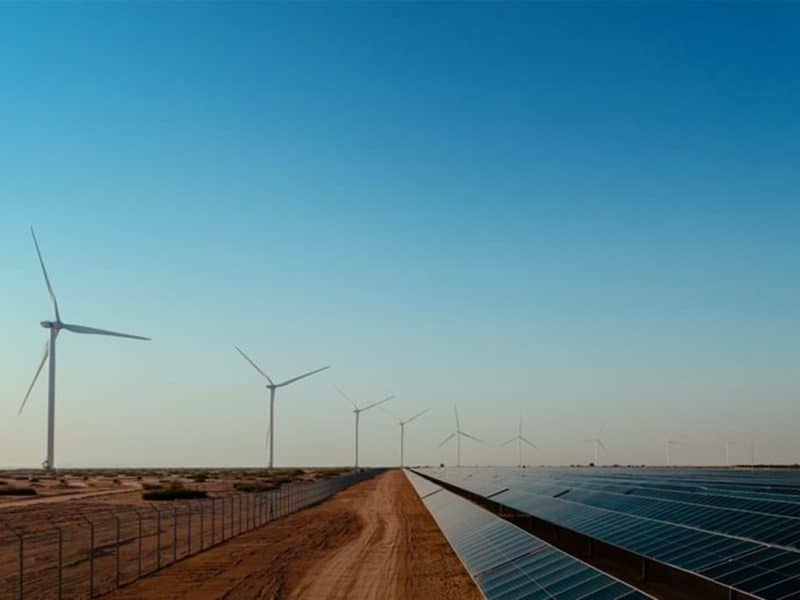The Dubai Financial Services Authority (DFSA), the independent financial regulatory agency of the special economic zone, the Dubai International Financial Centre (DIFC), has launched a set of regulations on investment tokens.
With annual token sales upwards of $200 million in 2020, the demand for investment tokens and the number of companies within the DIFC that are eager to issue, and trade in them, is steadily on the rise.
These new regulations have been designed to address investor and consumer protection needs, market integrity risks as well as Anti-Money Laundering (AML) and Counter-Terrorism Financing (CTF) risks amongst others.
Here is all you need to know about trading in investment tokens and how to trade in them legally and safely in or from the DIFC.
What is a token?
- A token is defined as a cryptographically secured digital representation of the rights and obligations, issued, stored, and transferred used Distributed Ledger Technology (DLT), or similar technology.
What is an investment token?
- An investment token is either a security token, that is a security that is tokenised, or a derivative token, that is a derivative contract that is tokenised.
- It offers the same rights and obligations as those conferred by one or more existing securities or derivatives, or confers substantially similar rights and obligations, or has a substantially similar purpose or effect to one or more existing securities or derivatives.
- It is increasingly favoured by companies looking to raise capital rather than take on the high costs of initial public offerings.
What are the chief risks of dealing in investment tokens?
- Foreign and online operators – difficult to trace and verify the authenticity of the operator of schemes that are run online or outside the UAE.
- Sellers without a proven track record – Establishing the credibility of token sellers could be hard as many are new to the space.
- High speculation and low transparency – This can lead to high and extreme levels of fluctuation within a short span of time.
- Money-laundering and terrorist financing – Higher risk of being misused for illegal activities due to the pseudo-anonymous nature of the transactions

How will the DFSA’s new regulations help me trade safely in investment tokens?
- The framework provides guidance to help the person wanting to carry out a financial activity in relation to investment tokens to determine whether in fact that token is an investment token and, if so, what type or types of investment token it is.
- Key features of the regulation include:
- Facilitates the admission to trading of investment tokens on DFSA-regulated exchanges and multilateral trading facilities
- Systems and controls requirements applicable to trading venue operators, including a requirement for an independent technology audit
- Allows direct access to trading venues, including by retail clients, which is a significant deviation from the current intermediated model of trading
- Additional requirements for digital wallet providers, who hold investment tokens
- Additional disclosure for prospectuses and other offer documents which are used for offering and marketing investment tokens
- Additional requirements for other financial services providers who are dealing, arranging, advising on, and conducting asset management activities that involve investment tokens
Which tokens are covered by the latest DFSA investment token regulations and which ones are not?
- Covered
- Security tokens such as Share and Debenture tokens; which are typically considered as a share in the capital value; and
- Derivative tokens such as Options or Futures, which derive their value from a primary underlying asset.
- Not covered
- Exchange tokens – also known as cryptocurrencies, which are typically used as a store of value or a means of exchange;
- Utility tokens – which typically offer access to a good or service; and
- Fiat-backed tokens – also known as e-money tokens or Stablecoins, and which maintain a stable value by reference to a single currency.
I want to trade in Investment Tokens in the UAE. Where do I start?
- Persons or entities interested to trade in investment tokens at DIFC should present a detailed analysis to the DFSA to obtain an approval or authorisation to conduct activities in relation to that Investment Token.






